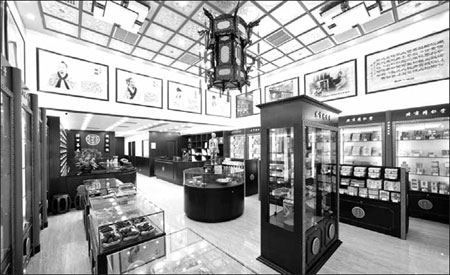 The question many women suffering with menopausal hot flashes and night sweats are asking is whether bio-identical hormones such as progesterone cream and phytoestrogen (plant sourced estrogen) are safe and effective AS the chemical hormones found in hormone replacement therapy (HRT) drugs?
The question many women suffering with menopausal hot flashes and night sweats are asking is whether bio-identical hormones such as progesterone cream and phytoestrogen (plant sourced estrogen) are safe and effective AS the chemical hormones found in hormone replacement therapy (HRT) drugs?
Many women today are being told "bio-identical" hormones are identical to those your body makes. Even though progesterone and estrogen bio-identical creams may be closer to what your body produces there are certainly risks in using any hormone therapy. Some doctors believe the risks are just as great as taking an hormone replacement therapy drug (HRT) others believe the jury is still out because we have no long term data since these products are still very new to the market. Risks may be tied to the dosage which varies greatly from women to women.
Bio-identical hormones made from plant sources may be perfectly safe in low doses, which is the way we would ingest these chemicals found in yams, soy beans and a handful of herbs but at higher doses may be harmful. Nearly every substance found in nature can be safe in minute doses yet toxic at a higher dose. Even water can kill us when taken in to large a dose over a very short time period. Knowing what dose is right for your body can be tricky depending on blood, urine and saliva testing which may not give an accurate reading of circulating hormones in your blood which changes daily and even hourly.
Bio-identical hormones, make no mistake can be just as powerful and dangerous as taking a prescription hormone replacement drug. Phytoestrogen used in minute doses the way we find in nature may be completely safe and effective. Asian women have a long history of eating soy beans nearly everyday of their life from childhood through adulthood and experience very few menopausal symptoms. The isoflavones in soy are known to act as a hormone balancing chemicals.
So, which should you choose, bio-identical hormones or synthetic hormone replacement therapy for your menopausal symptoms? How about neither! There is a third option that women in Asia have used for centuries and the Western world is just beginning to see on store shelves. Traditional Chinese herbs are another option for menopause symptom relief. You can learn more about it here.




